Big publisher, small press, or self-publishing---which is the right choice for you? Here are some of the pros and cons of each choice:
BIG PUBLISHING
PROS
- Distribution. Big Pub can get your books into bookstores, grocery stores, airports, and other physical venues. Panelist Karen Kincy suggests going to Big Pub first for the wider visibility, and choosing other methods of publishing once you've established your brand.
- Editing and cover art. Big Pub already has these resources in house, so the professional level of the editing and art is likely to be high.
- Multi-book deals. Everything I heard this weekend suggests that Big Pub (especially genre publishing) is looking for book series; sales of first books, reportedly, aren't usually great, but sales volumes build with each additional book in a series.
- Payment up front. Most authors don't earn out their advances, but you get that money up front instead of waiting for it to trickle in (or not) over a much longer time.
- Credibility. Depending on your book's performance, of course, it's easier to sell and market a second book if you've already successfully published a book with Big Pub.
- You'll need an agent. There are established authors who say you don't need an agent, but very few Big Pubs accept direct submissions. I'll write more about agents in an upcoming post.
- You'll need a contract lawyer. You absolutely must spend some money to consult with a contract lawyer before signing any contract, especially one from Big Pub. A non-compete clause could prevent you from writing similar work again; you might get locked into the same royalty rate for ebooks and print versions; you could be asked to include foreign publication rights or the rights to future movies or games.
- No marketing. Unless you're a big name author (which you and I are not), Big Pub won't do marketing for your book.
- Short shelf life. A book by a midlist author might get three months of featured bookstore shelf space before it's pushed aside by the next release. After that, sales will have to be driven primarily by your marketing efforts, and by the success of your subsequent books.
SMALL PRESS
PROS
- Shorter response time. Small presses will generally answer your query letters within weeks, rather than the year a submission to a Big Pub slush pile will take.
- Personal relationship. Most small presses treat authors as collaborators, so you have more input into things like cover art.
- No author investment. A small press foots the bill for editing and cover art, so you don't have to locate and pay an editor and artist yourself. Note: Avoid small presses that ask for money from authors. I'll write more about this in an upcoming post.
- Validation. For some authors and readers, the publisher's role as gatekeeper adds confidence in the book's quality. Panelist Frances Pauli recommends going through a small press for your first book, for the assurance that your work is ready for publication, and then using self-publishing for subsequent books.
- No marketing. Most small presses don't have the budget to market their titles, although some small presses will assist you in your own marketing efforts.
- No money up front. Small presses don't give advances.
- No presence in bookstores. Small presses won't get your book into bookstores or other physical venues. I'll discuss how to get your books into bookstores in an upcoming post.
SELF-PUBLISHING
PROS
- Immediate gratification. You don't have to spend weeks or months looking for an agent or a small press, or waiting while your manuscript sits in a slush pile.
- You don't split the profits. With self-publishing, you can keep all of the net profit. Big Pub may offer only single-digit royalties, and small presses offer royalties of between 25-50%. (Be advised, though, that after deliverability fees, price matching discounts, and foreign sales exclusions, the 70% royalty bracket for self-publishing can wind up in the 35-60% range.)
- Build your backlist more quickly. The more books you have available for purchase, the better your revenue tail with each new book.
- Up-front costs of editing and cover art. To produce a professional quality book, you must invest in professional editing and cover art. Unlike Big Pub and small presses, with self-publishing you have to pay for these costs yourself, before you see any income from the book.
- Steep learning curve. Panelist Ken McConnell noted that unless you have html experience, formatting your own ebook can be challenging. He suggests hiring someone familiar with the process to help you at first.
- You have to build your own brand. Big Pub and small presses can establish credibility for your book before a reader knows your work. With self-publication, you have to start building credibility from scratch with your first book.
- Low sales volumes. There are always exceptions. But on average, a new, midlist author (without a tie-in to an established IP) might expect to sell 5,000 copies of a book published with Big Pub. A midlist author might expect to sell around 500 copies with a small press (maybe 1,000 - 2,000 for a book with wider genre appeal). Most self-published authors don't sell 500 copies of a single book. (This number varies by genre and by the quality of the book's presentation and marketing. These are averages, and there are exceptions on both sides of these numbers.)
Obviously, no single publishing choice is right for every author or for every book. Think about what you want to gain from publishing, and choose the medium that can help you achieve that goal. Most importantly, no matter what you're doing to publish and market your book, keep writing your next book.

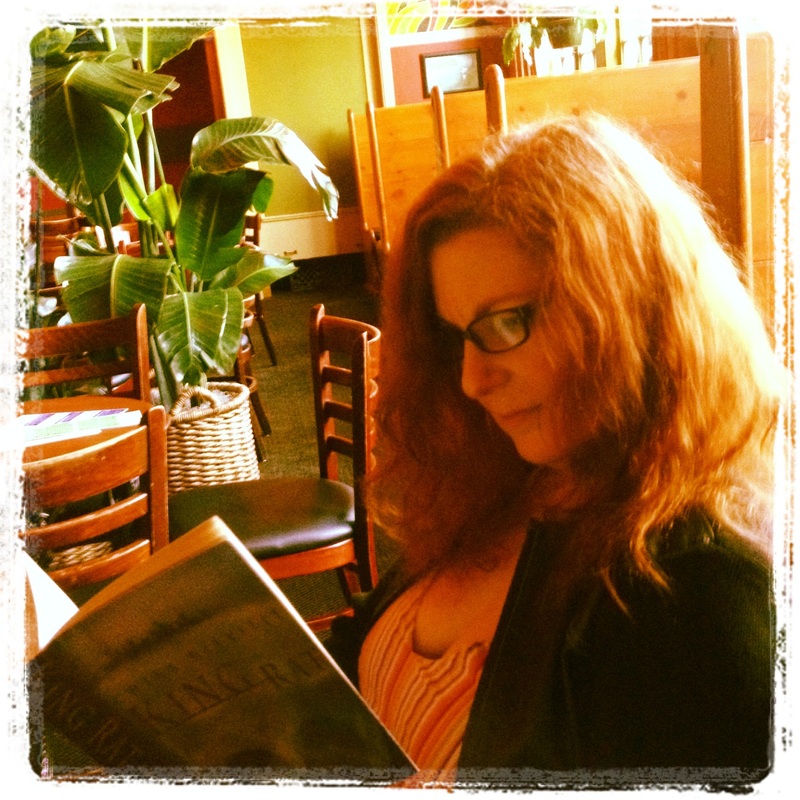
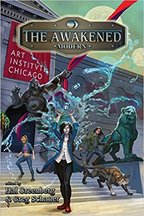
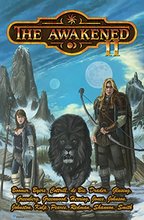

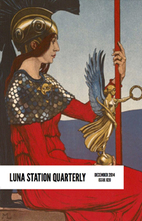
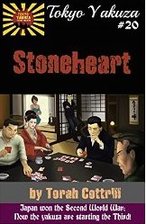

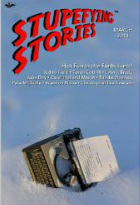
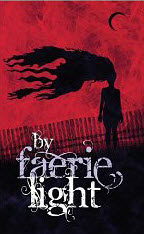
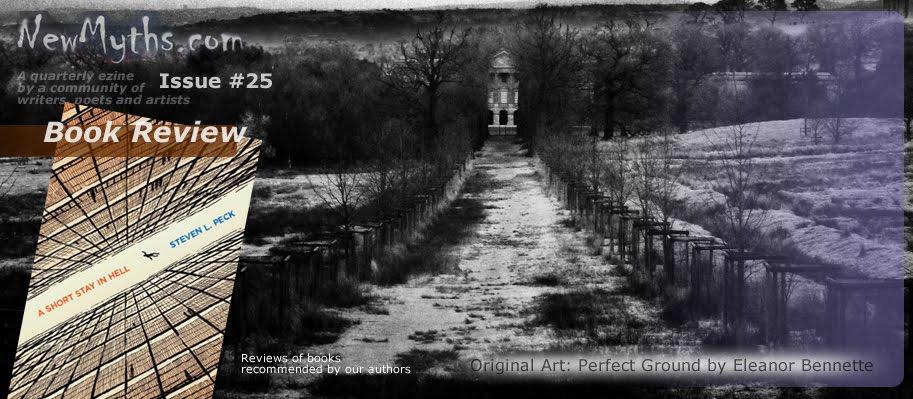

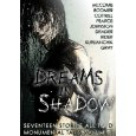


 RSS Feed
RSS Feed
